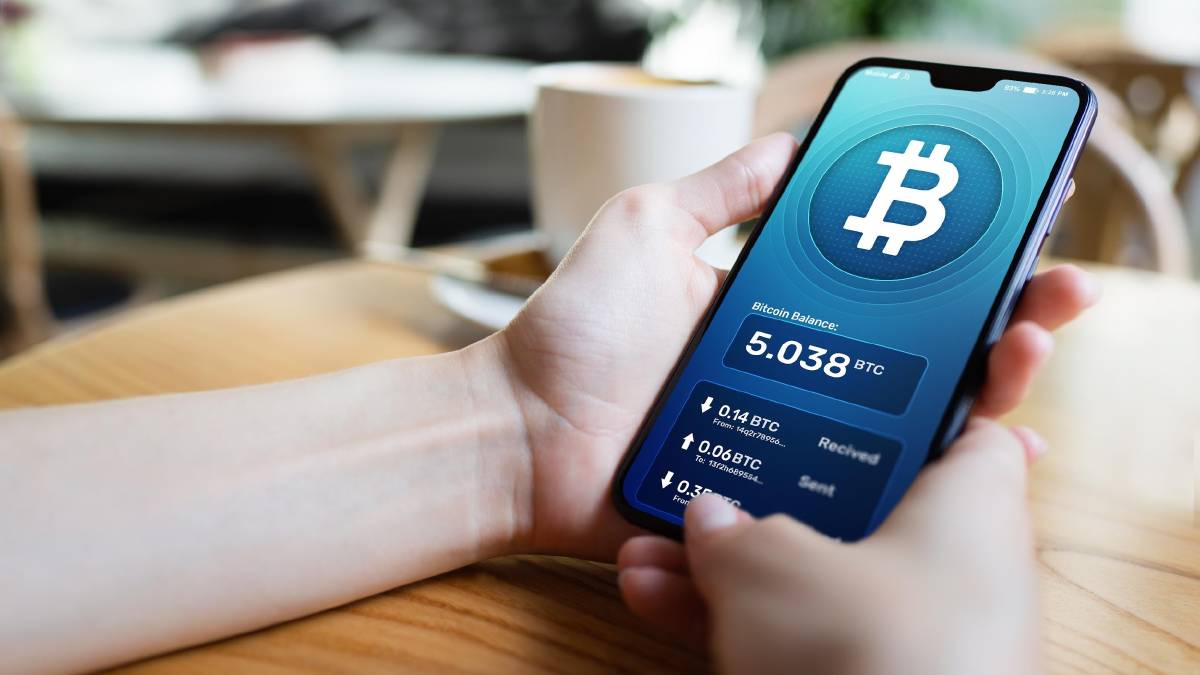How to use bitcoin safely:8 tips to keep hackers at bay

This talk of digital asset theft has become commonplace and perhaps so widespread that some investors are not encouraged to participate in the digital currency space.
Indeed, although the cryptocurrency space is growing and changing at an alarming rate, thieves and hackers are also using methods to steal tokens and coins. However, vigilant and prepared investors can take precautions to protect their digital assets.
-
Identify your attack vectors.
AKA know your enemy. First, we need to deal with the basics. Do not use the same password for all accounts, do not get phished, don’t answer calls for technical support, and don’t leave your hardware wallet on. your keychain! General awareness of cryptographic security alerts serves as a base layer for more advanced security measures.
-
Create a strong password.

By now you should know the happenings – no name, date of birth, address, lyrics, etc. (don”t even get me started with my mom’s password). A password cracker can perform 350 billion attempts per second. Generate a password using a random mnemonic generator or purchase a hardware wallet to generate powerful keys and signatures. Multiple passwords are better than one. Multi-signature wallets like Gnosis require many keys to validate a transaction. For more information on how to create a strong password, you can visit https://bitcointester.com/.
-
Use refrigerated storage.
You don’t have to go down 300 meters underground, but you should keep most cryptocurrencies cold publicly and offline. Only store the amount you are willing to lose on exchanges and online wallets. You can build an airlock computer by removing the NIC from your PC, laptop or you can buy a hardware wallet. When generating your seed phrase, connect your hardware wallet to an outlet to keep it as cool as possible.
-
Do not accept SIM cards.

An entirely new attack vector to worry about is the SIM theft trend that many in the blockchain ecosystem are already facing. As the community grows, SIM Jacking AKA Sim Swapping AKA Phone Porting becomes a very real threat. Because it’s not that hard to do. Often using publicly available information, attackers transfer a mobile account from a SIM card/phone to another SIM card/phone they control.
The hacker then uses your phone number to access other accounts through an account recovery process with your phone number and information combined with other information or access rights. By the time this is realized, the damage is often done.
-
Test everything
Before moving on to a month, make a small test trade or practice on the test net for a small amount of money. Please do not manually enter the address permanently more than 12,000 ETH or else it will be lost due to a typo. After copying and pasting, check again to use the Ethereum naming service or scan the QR code.
-
Store your seed phrase(s) across different devices and locations.

The standard seed phrase is a strange 24-word string that can be used to infer the private key. Take great care in managing your seeds. If you write it down on paper, consider making two copies and storing them in separate locations. SD cards are another storage option, but rarely last longer than 5 years and can get stuck. Use both analog and digital just in case (there is a rumor that people hammer the original phrase with steel). If you want to level up, keep snippets of the original phrases in a separate, safe place. And remember to carefully record your steps so that you (or your heirs) can recreate the seeds.
-
Maintain a plausible rejection.
The plausible rejection of virtual currency implies the ability to hide certain data. Minimize your exposure to risk by spreading your assets across multiple wallets. Here are some useful rules of public publication:
- Do not disclose your assets, especially (via social media)
- Do not advertise to the world the exchange that stores all cryptocurrencies.
- All cryptocurrencies shouldn’t be hot anyway (remember Professional Tip #3: Use Cold Storage). If the information is not stored in your email, it will not be there when someone hacks into you and finds it.
-
Level up. Helps the ecosystem.

Your security choices affect not only you but the ecosystem and community around you. If you don’t use two-factor authentication and someone confiscates your email (for example, by keeping it open on your library computer) when attackers start phishing your private network, you are responsible. So, try to level up. Experiment with hardware wallets, Tails, and multiset.
Wrapping it up
The security of cryptocurrency wallets is becoming a top priority as more individual investors invest their money in a nascent but fast-growing sector.
As hacker tactics evolve when dealing with cryptocurrency, it is best to take all standard wallet security measures. After reading this article, you should better understand what to look for and how to protect your money.






